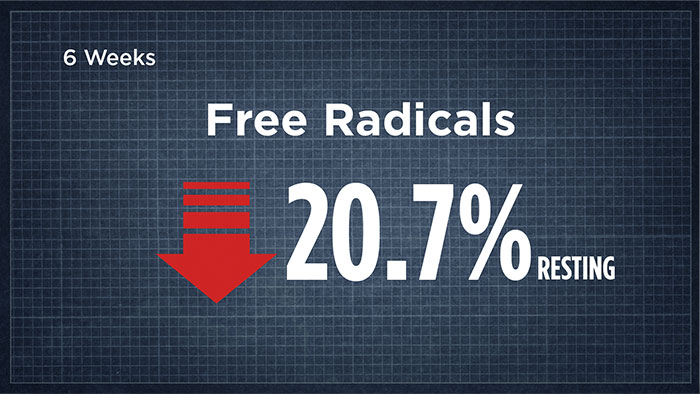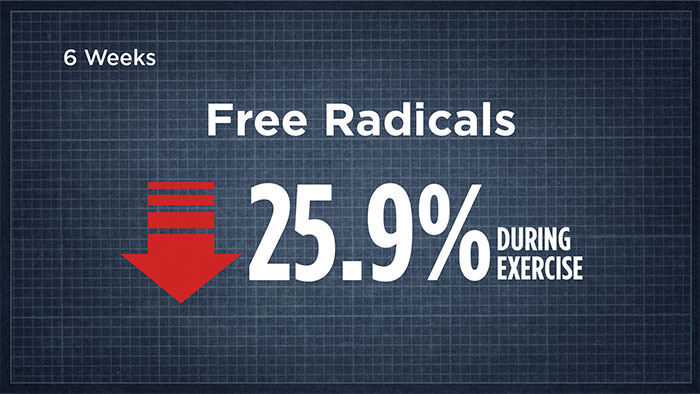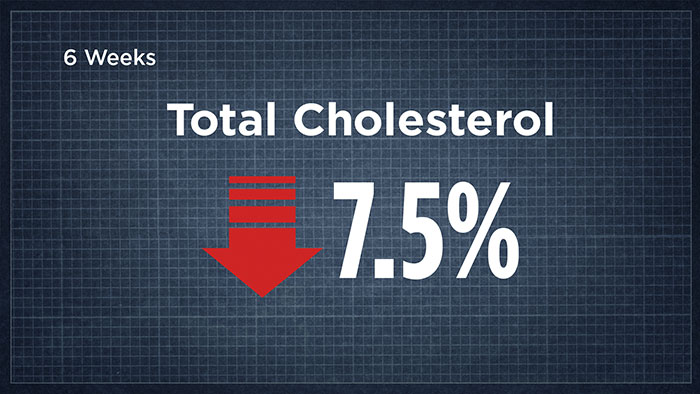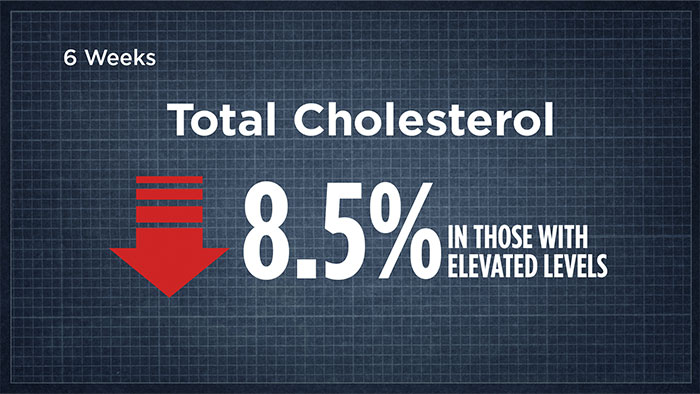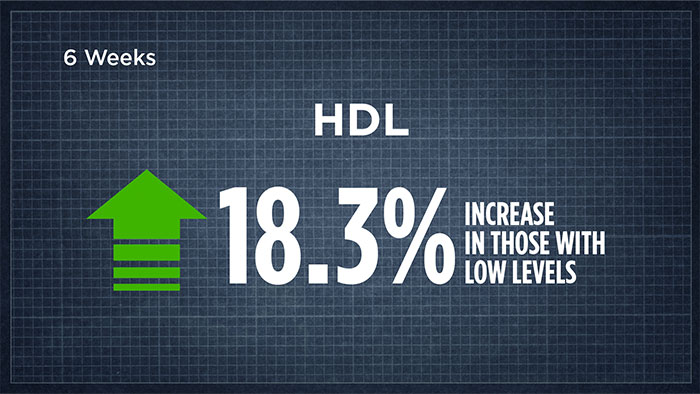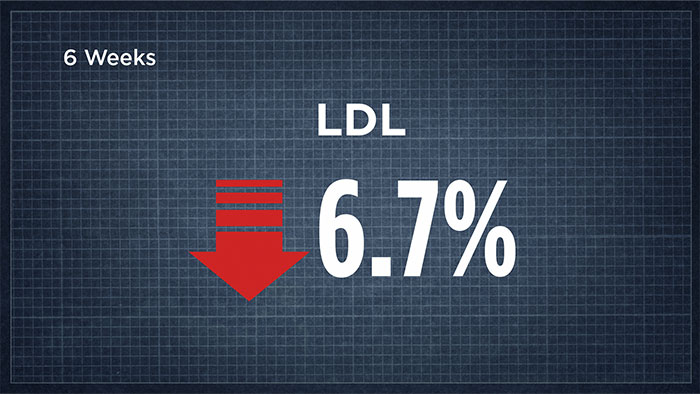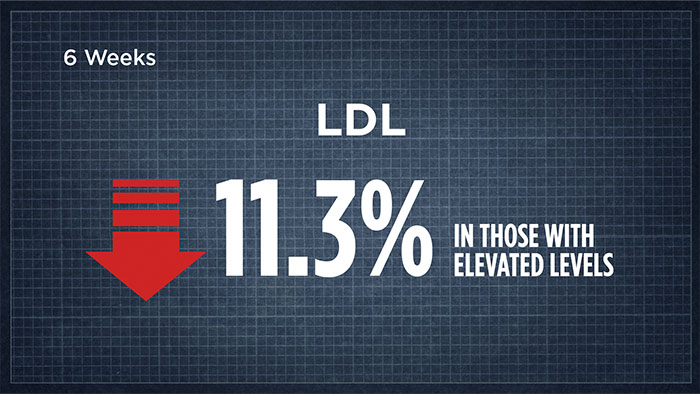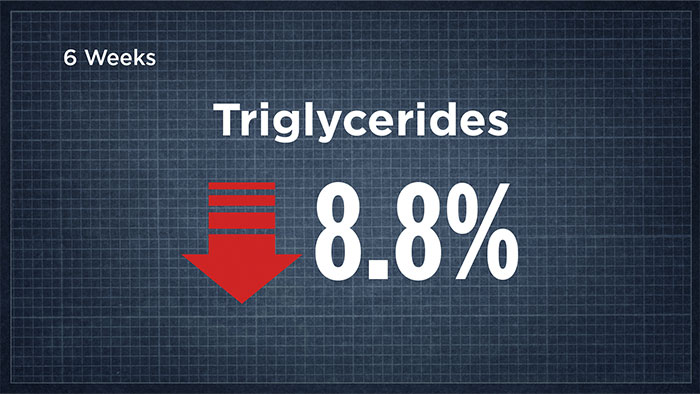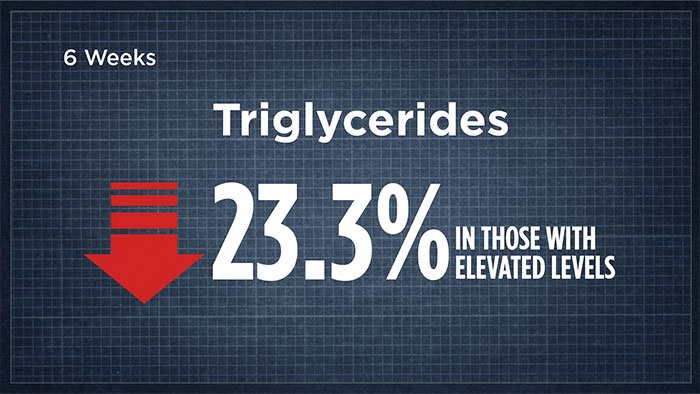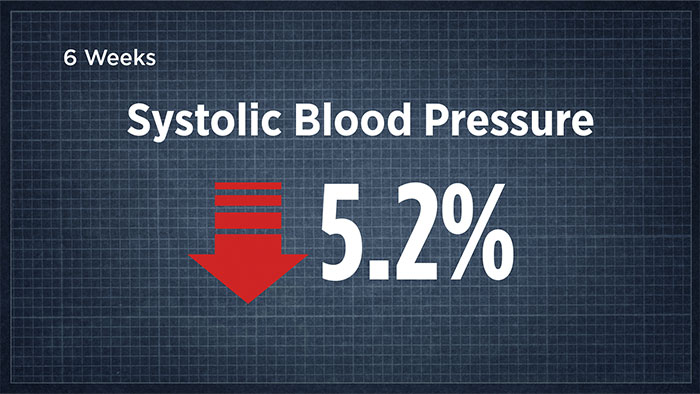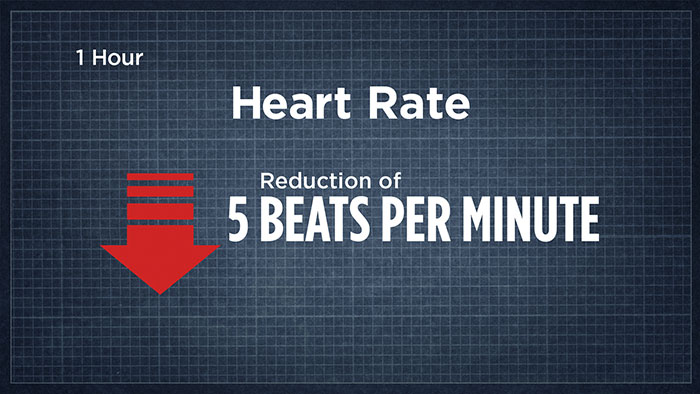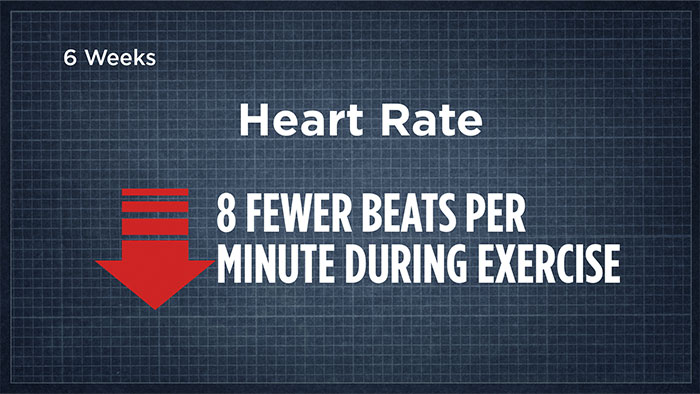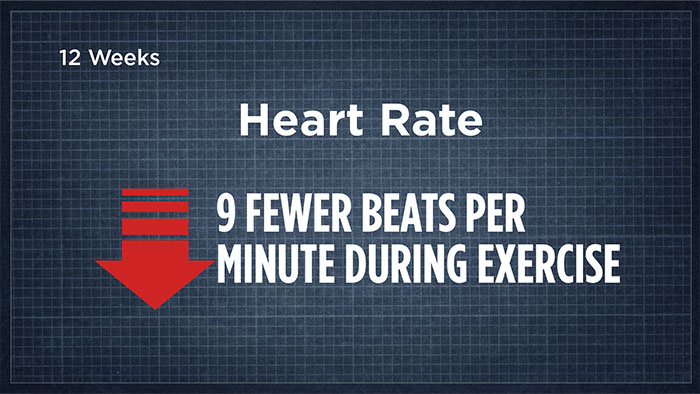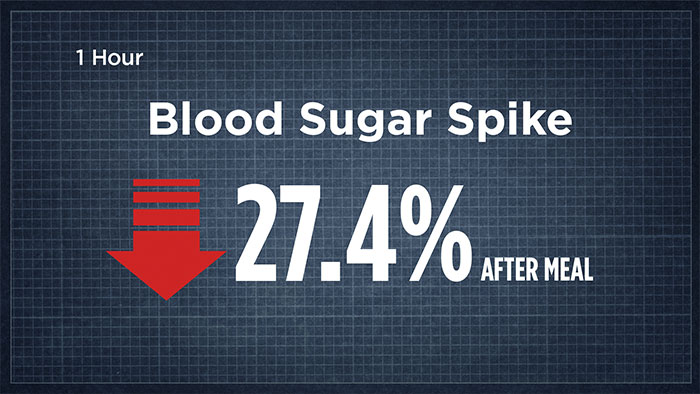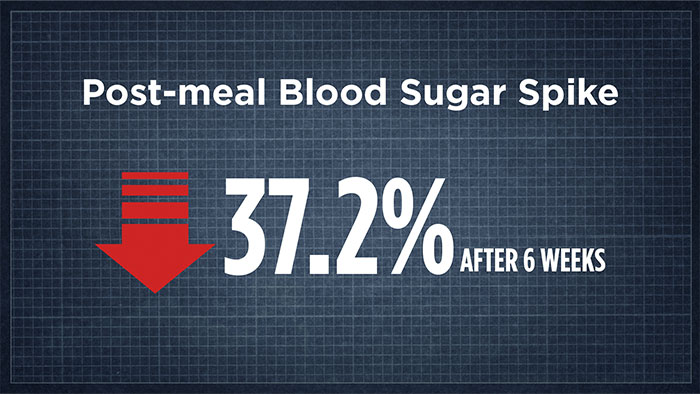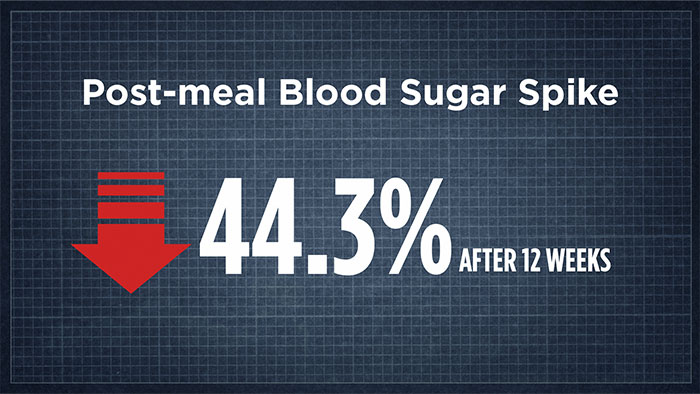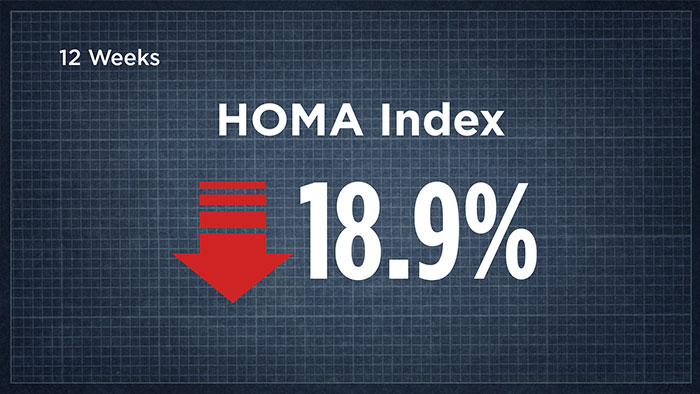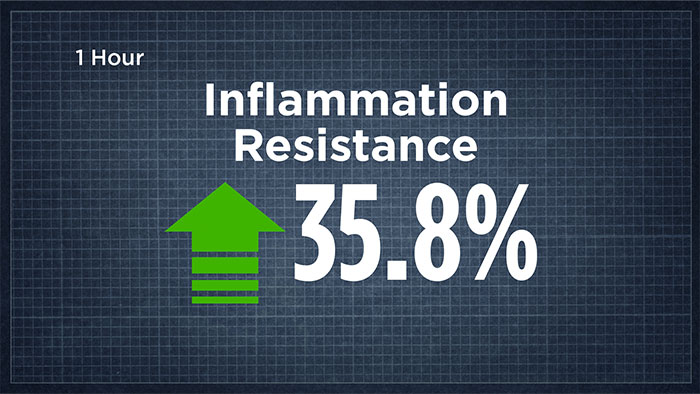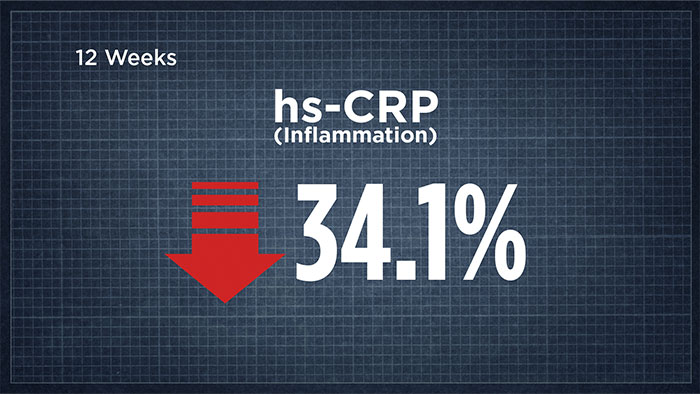Profound Research Findings from the Freiburg Study
In April 2014, Melaleuca commissioned the Freiburg Study to determine the measurable impact of six nutritional supplements; taken together as a pack, on the human body. The study was conducted in Freiburg, Germany with 48 healthy human subjects of various ages. None of the test subjects had been diagnosed with any disease prior to the study and none were taking any type of medication. However, according to their health markers, 24 of the subjects had metabolic syndrome, like elevated blood pressure or cholesterol levels or bodyweight that was elevated, all still within what doctors would consider a normal range. The other 24 subjects had healthy markers closer to what would be considered ideal. The methodology of the study consisted of taking blood from each individual subject. Blood samples were tested for:
- Free radical activity
- Cholesterol levels
- Blood lipid levels
- C-reactive protein
- Glucose levels
- Insulin response
- Inflammation
We also recorded heart rate and blood pressure. Measurements were taken before and immediately after a specific prescribed amount of exercise. Subjects were asked to come to the laboratory having fasted for eight hours. The tests went on for a period of 12 weeks. We asked each subject to not change anything about their lifestyle or diet during those 12 weeks, except to take the Peak Performance Pack that we gave them.
First, to establish each person’s baseline health metrics, extensive testing was conducted separately on each subject prior to taking the pack. We then administered the supplement along with a small roll of bread in order to aid digestion and to evaluate the body’s insulin response.
Second, we took measurements again, one, two, and three hours after the subject first took the Peak Performance Pack. We did this with all 48 subjects.
Third, we asked the subjects to take the Peak Performance Pack every day for a period of six weeks and return to the laboratory where we repeated the identical tests that we had done with them prior to taking the pack.
Finally, we asked them to continue taking the Peak Performance Pack for an additional six weeks and asked them to return again to administer the same blood test as above.
Results

